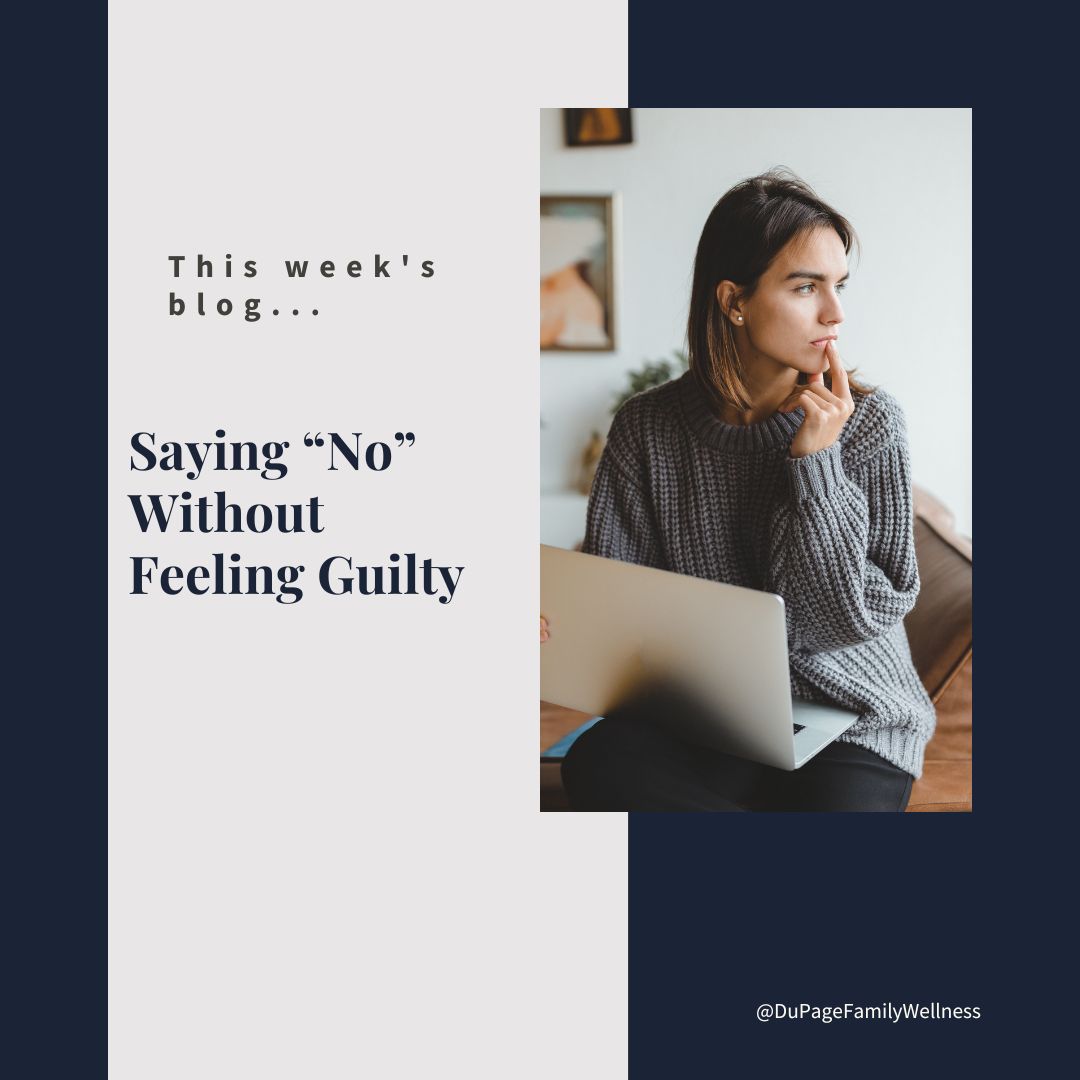 Many of us have been conditioned by society to focus on others at the expense of ourselves. We are taught to obey our teachers and share with other kids. While we need to learn to function in a community, there must be a balance of give and take.
Many of us have been conditioned by society to focus on others at the expense of ourselves. We are taught to obey our teachers and share with other kids. While we need to learn to function in a community, there must be a balance of give and take.
There has to be a healthy place somewhere between the toddler who says "no" to everything, and the person who says "yes" to everything. When we do not have this balance, we can find ourselves overwhelmed, stressed, and depressed.
You may need to learn to say “no” without feeling guilty. Then you can make good decisions about where you spend your resources. It is the foundation for living a life that brings you fulfillment and joy.
Let’s look at some things you can do to work on it.
Practice Saying “No”
Everything new takes practice. It may help to start saying “no” to the little things when the stakes are not high. This may look like saying “no” to the clerk at the grocery store when they ask for a donation. If you want to give to the cause, you can decline this time and double up the next time you are there. As you become accustomed to this, you will develop confidence for times when it matters more.
Involve People You Trust
Let the people who make you feel safe know you are trying a new skill. Ask them to be understanding as you practice with them. Explain that it may feel different, but you need to grow in this area. To bring some humor into the situation you can ask loved ones to make outrageous requests; this gives you a light-hearted way to practice saying “no.” You could also involve them by asking them to remind you of your goals when you say “yes" to things that might not be in your best interest.
Give a Delayed Response
It can be hard to make decisions on the spot especially when someone is looking at you waiting for a response. Give yourself time to decide what you want by saying you will get back to them after you “check your schedule” or “talk with your family.” If they push you for an answer on the spot, tell them that if you have to decide now the answer will be "no."
Soften Your “No”
If an outright "no" feels too difficult, say “Maybe next time.” You can also consider offering to do an alternative activity. If asked to go to a movie you do not want to see, you could say you are not up for that but would enjoy hanging out at your house with them. Offering to help unpack is a great alternative to helping them move furniture and boxes.
Text Your Answer
It is often easiest to express yourself through text. You have time to choose your words carefully and it provides distance if they try to pressure you to change your mind. However, it is important to remember that you do not have the benefit of body language and tone. Many people say that only 7% of our communication comes from the words we say, the rest comes from body language and tone. So, read it carefully to make sure the message comes across the way you intend it to.
Remember
It is healthy to have boundaries that consider what you need; saying “no” will be necessary in establishing them. Only you can protect your time, money, and energy. It is not someone else's responsibility to do it for you. If you feel overwhelmed, stressed, and exhausted it may be a sign that you need to start saying no. Resentment is also a sign that you may be giving too much, so protect yourself and your relationships by learning this important skill. You don’t have to explain yourself; simply saying “no” is enough.
It is hard to make changes, but there are great benefits to learning to say “no.” Let me know if you are working on it.
Dr. Jamie

